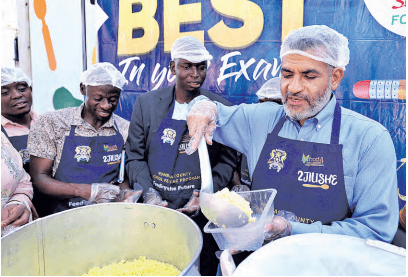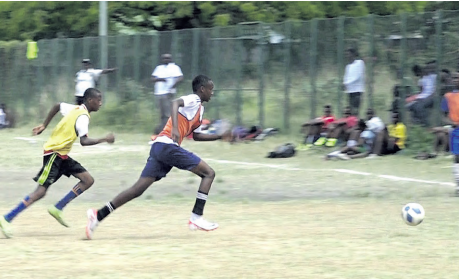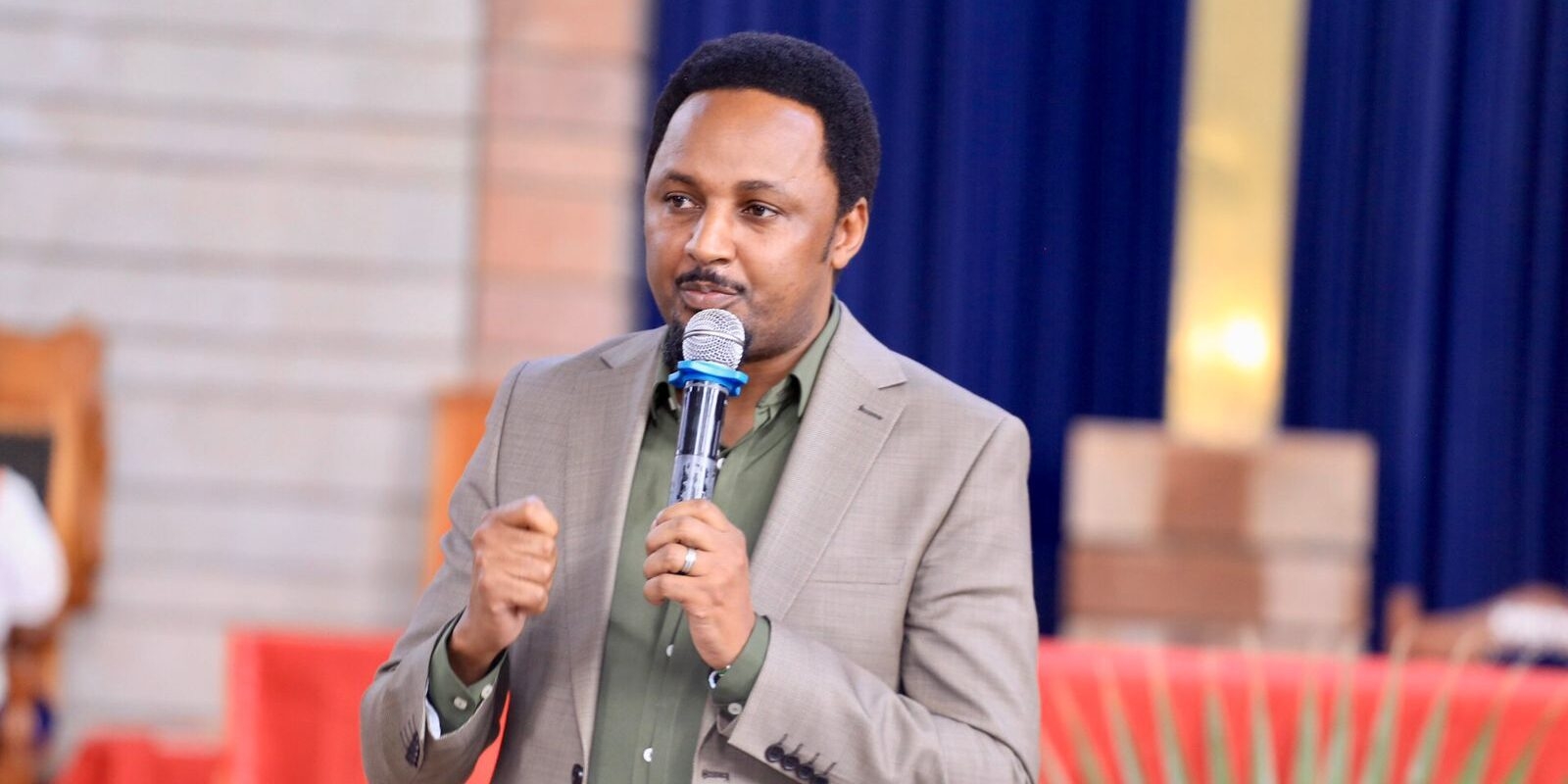

The last five or so years have seen many politicians in Mombasa sponsoring football tournaments with their names prominently featuring in any poster advertising the competition.
For most sponsors, the primary objective is to create name and brand recognition with a fundamental hope of cashing in on votes in the next general elections.
The publicly acknowledged objective, which is, however, secondary, is that these football matches create a more cohesive and tolerant society and keep youth from antisocial behaviour.
Identifying and nurturing talent is essential if the players are to be sustainably empowered but this is an unlikely and unanticipated byproduct of the tournaments.
Why is there no meaningful drive to make football a career option for talented youths?
And there are many candidates.
The key problem is the lack of a football academy or nurturing institution to train in technical proficiency, tactical awareness during matches, physical conditioning and fitness, and mental and psychological development.
This is despite FIFA allocating about $2 million annually to all it member countries.
Although I am not an ardent fan of football, I have a keen interest in politics and cannot help drawing parallels between football and political nurturing in our society
There is a widespread disenchantment with politics as it is practiced, especially in Parliament, which is often reported to have been one of the root causes of the Gen Z protests in June this year.
Disruptive as they were, the dissatisfaction has not been able to get a legal and formal platform to better the lot of those who participated, principally because of the lack of resources for politics.
This is much like a talented young footballer striving to join the English Premier League, which is televised to 3.2 billion viewers, without a guiding hand.
The process of equipping youth in managing resources for the general good of all is about inducting of youth into politics, according to a political philosopher who wrote, “Politics is the fight for management of resources.”
His description is uncannily similar to development of talent in football, which entails managing the player and his talent to the advantage of all.
The first similarity is in building fundamental technical skills focusing on self-control, communication, defence and retaliation and lastly securing and protecting a win.
To paraphrase the writer Mark Twain, “A technique or talent that is very well advanced in development is indistinguishable from magic.”
The second similarity is training in tactical awareness.
This is a focus on strategies and formations while adhering to positional responsibility as well as being anticipatory.
Key parameters of demographics and their relationship are critical in realpolitik where alliance formation and bargaining are the order of the day.
The Chinese military general Sun Tzu once said, “Only defeated warriors go to war hoping for victory. The victorious army wins before it even takes to the field.”
The capacity to withstand injury is a third and critical similarity between professional football and elective politics.
Stamina to keep going and endure despite defeat and disenchantment must be backed with agility and speed to seize advantages.
Without nurturing these attributes, the first broadcast humiliation would take the would-be politician out of contention.
American college football coach Lou Holtz said, “It is not the load that breaks you down, it is the way you carry it.”
Tribulations in pursuit of careers in either football or politics have a way of eliminating those who lack the stomach for it.
Mental strength and wellness is a vital requirement for both the amateur footballer and the budding politician.
Self-motivation, confidence and not faltering under pressure are essential for success.
An ability to embrace teamwork often helps to manage setbacks as does respect for the existing hierarchy.
America’s 26th president, Theodore Roosevelt, said, “Believing you can do it, is halfway there.”
Unfortunately, that is where the parallels end.
Politics is so much
more complicated than football, but
an Academy of Politics might well be
a good first step












